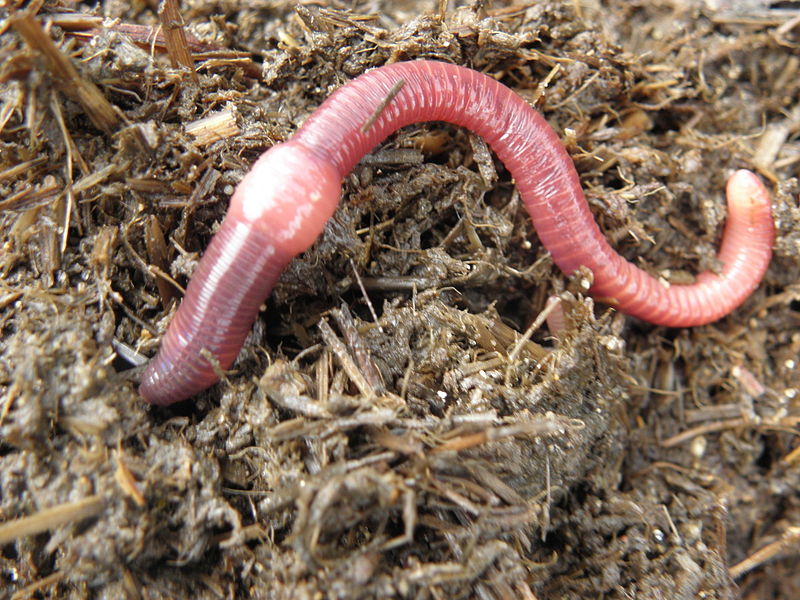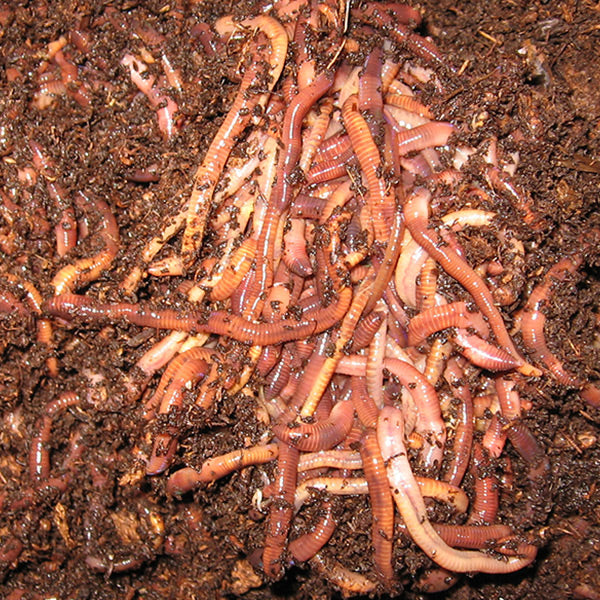Not known Details About Red Wiggler Express
Not known Details About Red Wiggler Express
Blog Article
A Biased View of Red Wiggler Express
Table of ContentsThe Ultimate Guide To Red Wiggler ExpressAn Unbiased View of Red Wiggler ExpressRed Wiggler Express - The FactsThe Best Strategy To Use For Red Wiggler ExpressUnknown Facts About Red Wiggler Express
And the prospering Red Worm populace? Also in the lot that was set up directly in front of yard composters with existing Red Worm nests.
Several selections, consisting of Red Wigglers, European Nightcrawlers, and Lumbricus varieties were brought over from the European continent. Right here's the thingNative or not - and as skilled as they are at being able to make it through in a wide-range of atmospheres and problems -. To put it simply, they are much more most likely to socialize in any kind of active composting systems you have actually established up, than they are to wander off and start spoiling the setting.
Origins need oxygen for respiration and rely upon smooth air flow within the soil to prosper. When it rains, dirt can come to be saturated with water, reducing the oxygen readily available and hindering nutrient absorption. To keep an optimum balance, the dirt should allow water to drain pipes properly, leaving sufficient area for air to sustain origin health
Everything about Red Wiggler Express

When it involves worms for composting, what comes to mind? If you were an earthworm dog breeder, dealer, or ordinary gardener, after that you 'd understand that red wiggler worms are the suitable worms for vermicomposting. For more information regarding these planet marvels, checked out several of the red worm facts below.
(https://unique-listing.com/details.php?id=360297)But if they stretch their bodies, you'll have the ability to see the stripes on their skin. When raising worms such as red wiggler worms, you ought to have the ability to recognize just how to make excellent usage of them. When you're able to preserve and care for their habitat well, and additionally feed them the appropriate kinds of organic wastes, then they'll have the ability to generate nutrient-packed and quality-rich worm castings for you (likewise referred to as worm poop or garden compost).
Red Wiggler Express for Dummies
What do worms eat? Well, these red wriggler worms can be fed with kitchen scraps and garden wastes.

This habits makes them well-suited forever in worm bins, compost heap, and various other restricted rooms where natural waste is plentiful. Producing an ideal atmosphere for red wigglers requires a thoughtful technique. Take into consideration the following vital elements to care for red wigglers in the house and ensure their health: Make use of a bed linen of shredded paper or cardboard.

Red wiggler worms recreate by laying tiny, lemon-shaped eggs in safety cocoons. These cocoons are typically deposited in the bedding and hatch into baby worms within a couple of weeks.
What Does Red Wiggler Express Do?
Their flexibility and resilience have made them a prominent option for vermicomposting in various areas all over the world. Yes! They can endure from a series of 32F to 90F. They are extremely adaptable animals. Think about protective procedures for really severe temperatures such as: Protecting the worm bin with layers of straw or leaves.

When dealing with your red wigglers it is very important to keep in mind to: 1) K.I.S.S (Keep it Simple) and 2) everything in small amounts. These rules relate to feeding your garden compost worms, sprinkling your worm bins, and nearly everything else associated with taking care of them. Simply remember - you can always include more food later (however it's tough to remove feed once it's been contributed to a container!).
Due to the fact that I fed the red wigglers and garden compost worms too a lot, they weren't able to keep up and over time the older food went uneaten and created anaerobic conditions that eliminated the worms. Here're the 6 golden rules for just how usually and exactly how much to feed your worms: Policy # 1: Moderation!
Not known Factual Statements About Red Wiggler Express
Uneaten food will certainly bring about anaerobic problems that will eliminate your real-time worms. It is alright to spray a little of their initial bed linens (which should already be in the bin) over the food, but the food must never ever be hidden and should show up to your eye. Guideline # 5: See policy # 1! Regulation # 6: After the very first feeding, feed the worms 1/3 to 1/2 of their weight.
Report this page